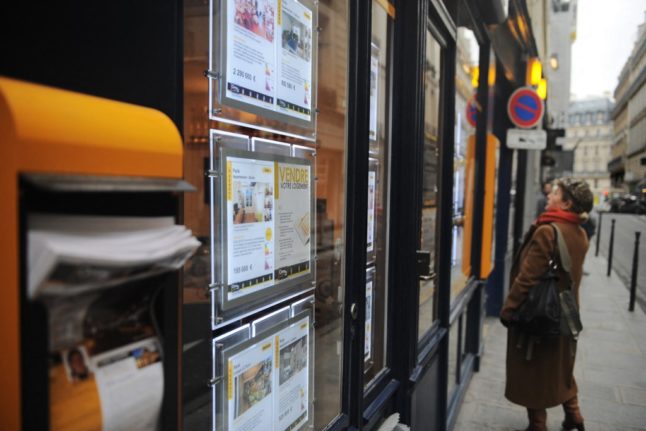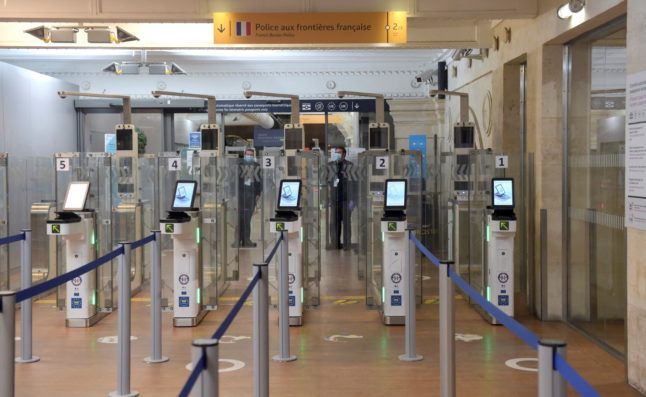We begin with the eternal property question. After two years of steadily rising prices across France, the property market is starting to change. Some experts predict falls of up to 10 percent in some regions in 2023, though new-build prices continue to rise. So, we ask…
Is it better to buy or rent in France right now?
It’s good for the wallet and good for the planet. Second-hand products are cheaper than new, and – in extending the lifespan of a product – you’re helping the planet, too, by cutting down the number of products being thrown away.
In these economically and environmentally-straitened times, buying second-hand is well and truly in fashion in France. Here are some tips on where to look for a bargain.
Where are the best places for buying second-hand in France?
If you’re shopping in France it’s highly likely that you will see food and drinks that proudly declare their AOP or AOC status – but are these products actually better than the ones without a label? We have the lowdown.
What does the AOP/AOC label on French food and wine mean – and are these products better?
French people are often stereotyped as grumpy, and it does appear there is a national quirk that makes them fond of a good old moan. Former president François Hollande even went on TV to implore the French to complain less.
But, we say, embrace the stereotype – here are 12 phrases you need to know to mither like a French person…
12 phrases that will let you complain like the French
You may be planning your holiday – and France is a country that’s got you covered for outdoor activities, from Grand Randonees, to local walks and vélo routes – it’s full of them.
We’ve selected 13 walks and cycle routes, one from each region, ranging from the gentle and easy to the incredibly difficult. There’s even a donkey in one of them…
13 of France’s best hiking and cycling routes
The internet is teeming with hundreds of articles with tips for women on how to dress à la française. Not all of the advice out there is reliable – so, we asked a few in-the-actual-know people in the rarefied world of haute couture to separate the French fashion facts from the many, many fictions.
How to dress like a French woman: Five tips to remember (and five to forget)



 Please whitelist us to continue reading.
Please whitelist us to continue reading.
Member comments